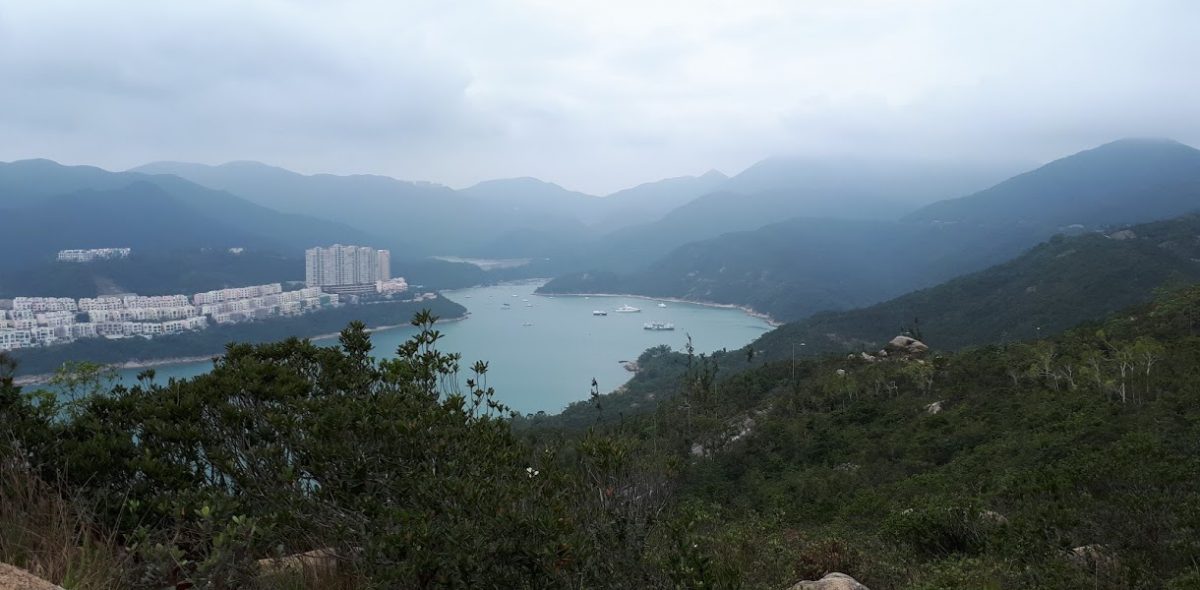Okay, it’s time for a little story.
So there I am, in the shower, minding my own business to get ready for bed.
I open the shower curtain and what do I see? Just like in Hitchcock’s Pyscho (1960), there is someone there who was not there when I got in the shower.
I am no longer alone, because there it was: a relatively small (2″/~5cm) spider.
Not a cute little round jumping spider with short stubby legs that make it the low-cat of the spider family, nor was it a gentle daddy-longlegs, with tiny body and long, weak legs it might amble around on if it was feeling partial. It was a spider-shaped spider. Perfectly proportioned for terror.
Needless to say, I didn’t like the looks of it. How long had it waited for the right time to strike? It must know it had powerful venom, and wanted to try it out on me. While I was stuck in flight-or-flight paralysis assessing the threat, a third person entered the chat.
The door was nudged open slightly by the perfectly-shaped black nose-nose of my beloved dog, Sora. She is known for her deer-like face, youthful profile, and persistent shyness, but yet, here she was — bravely defending her (frankly pathetic) human.She cast a loose glance down at the small spider to her left side, and looked back at me in the shower. After her fierce and defensive glance, the spider cowered, then quickly exfiltrated itself back to the bathroom closet whence it came. Now alone and determined not to become the spider’s next victim, I thought about what I might do with it. It would be wrong to kill a living thing unless there was no other option. I could take it outside using a jar and a piece of paper. But what if it had it out for me, and he would come back inside on a yearning mission to sink its venemous fangs into my — or worse, my son’s — neck?
Unsure of what to do, I asked my adoring wife if she could give me a hug for courage, but she refused.
“You can handle it yourself,” she said.I steeled my resolve. I would first try non-lethal methods of resolving this threat. I strode into the living room and eyed the hand-held vaccuum cleaner. I gripped the handle. It felt comforting, like gripping a Glock 43x. But the situation didn’t call for it yet.
I continued into the kitchen to grab a mason jar and a gallon ziplock bag for my other hand to use as a glove. Could its fangs pierce through the plastic into my skin? I shuddered, but it looked thick enough.I walked back through the living room and into the bedroom, breathing steadily to keep myself calm against the fear of the invader in my house.
I approached the closet. It was closed. Keeping my torso and legs as far away as possible, I reached out and carefully opened the closet door, half expecting the spider to burst through it and attack my neck like some kind of Stephen King version of the kool-aid man. “Ooooooh yeahhh!!!” it would mew, caustic venom dripping from its fangs as it pinned me down. I cleared the thoughts from my mind, because I had to be present and perform.
I slowly examined each corner of the closet. The door track.No sign of spider. I was somewhat relieved, because the worst case scenario that wasn’t out of a coke-fueled Stephen King novel would be that I would see the spider, we would make eye-contact, confirm it was indeed going to kill me at some point, and then it would disappear. Luckily, there was no trace of the lurking arachnid.
I stood up and made it a courageous offer. “Alright, Mr. Spider. I’ll make you a deal. If you stay here and don’t attack me again, you can stay. If you need to go elsewhere in the house, you have to move slowly and not make any sudden spider-like movements. Deal?”
I waited, half-hoping and half-fearing a reply. Silence meant no objection, I decided, so I closed the door and let out the tension I had been carrying for the whole ordeal.
“It’s just a little spider. It was terrified of Sora, and it was probably terrified of you, too.”, I rationalized as I climbed bravely into bed.
And that is how a 39 year-old man with a blue belt (and 3 stripes!) in jiujitsu and plenty of guns handles a spider.
To be continued?











